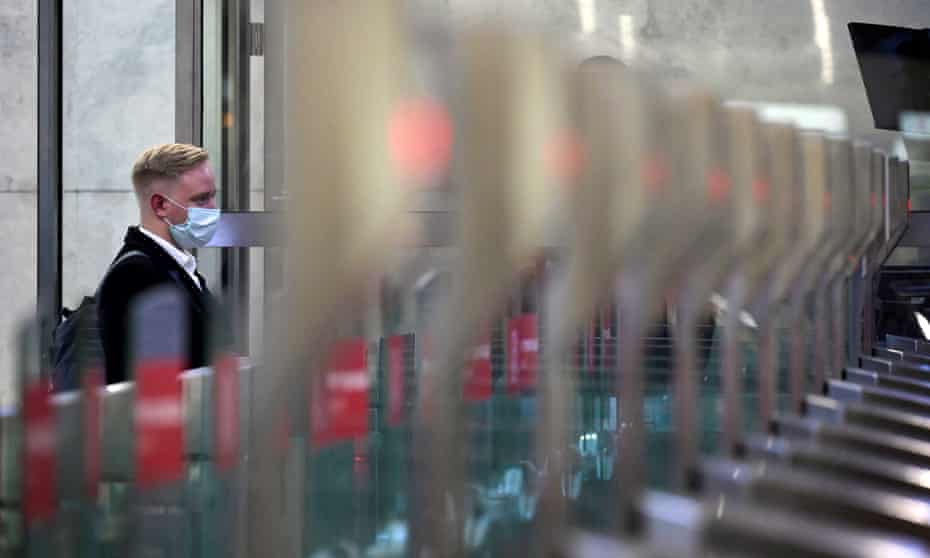The Moscow metro has rolled out what authorities have lauded as the world’s first mass-scale facial recognition payment system, amid privacy concerns over the new technology.
The cashless, cardless and phoneless system, named Face Pay, launched at more than 240 stations across the Russian capital on Friday.
“Now all the passengers will be able to pay for travel without taking out their phone, metro or bank card,” the Moscow mayor, Sergey Sobyanin, tweeted on Thursday evening.
To activate Face Pay, Sobyanin said, passengers will need to connect their photo, bank card and metro card to the service through the metro’s mobile app. “It will be enough just to look at the camera to pass through the turnstiles,” Sobyanin said.
The Moscow authorities, who expect up to 15% of metro passengers will use Face Pay regularly in the next three years, said the system would quicken the flow of people, particularly at busy times.
“Moscow is the first in the world to introduce Face Pay on such a scale. The technology is new and very complex, we will continue to work on improving it,” the mayor added.
Authorities have said passengers’ data will be “securely encrypted”, saying the information collected will be stored in data processing centres to which only interior ministry staff have access.
However, activists have raised the alarm over privacy concerns. “This is a dangerous new step in Russia’s push for control over its population. We need to have full transparency on how this application will work in practice,” said Stanislav Shakirov, the founder of Roskomsvoboda, a group dedicated to protecting digital rights and freedom of information.
“We are moving closer to authoritarian countries like China that have mastered facial technology. The Moscow metro is a government institution and all the data can end up in the hands of the security services,” he added.
Moscow recently expanded its facial recognition technology across the capital, with a network of more than 175,000 surveillance cameras.
Human rights activists said the cameras were used to identify protesters who attended rallies in support of the jailed opposition politician Alexei Navalny. Facial recognition was also used to enforce Covid-19 quarantines during Russia’s two-month lockdown in spring 2020.
The Russian metro – the busiest in Europe, with more than 6 million daily passengers – is considered a tourist attraction in itself, with stations elaborately decorated with mosaics reflecting a range of Soviet themes.





